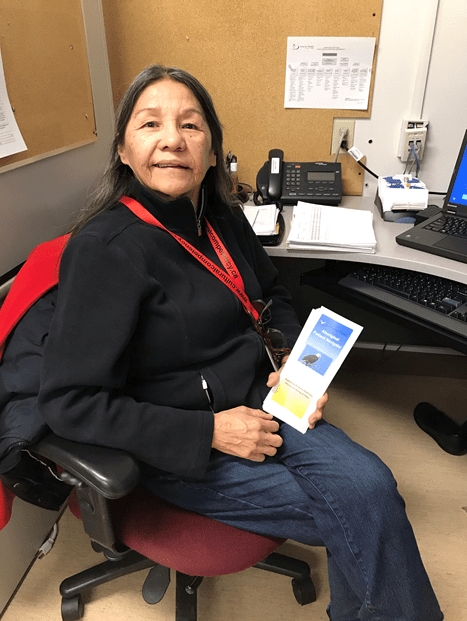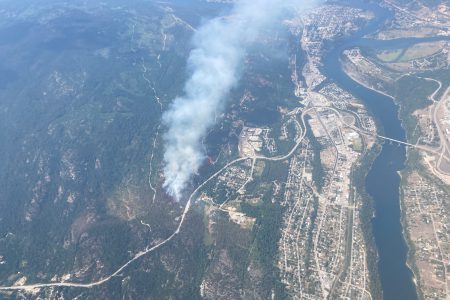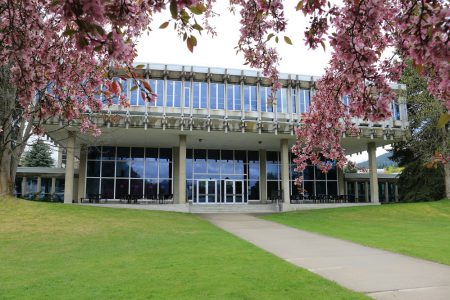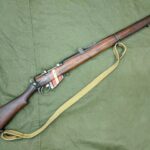Culture and care: program supporting Aboriginal patients turns 10
An increased emphasis on education, cultural safety and spiritual care are some of the changes witnessed in the last 10 years by three of Interior Health’s original Aboriginal Patient Navigators (APNs).
The APN program was established to support patients and families in hospitals and communities, helping connect them to appropriate health-care services and providing cultural support. They also collaborate with other health-care workers in early identification and assessment of patient needs, and participate in discharge planning to strengthen patient care and independence.
Debra Donald (Simpcw First Nation) says she loves being an APN and can’t imagine doing anything else. She is based at Royal Inland Hospital in Kamloops, where she says there has been a lot of positive change.
“For example, the family of one of our patients who was palliative and on comfort measures was quite spiritual and cultural,” says Debra. “They wanted to have a smudge and an end-of-life ceremony in hospital. I wasn’t on shift but management and medical staff knew how to facilitate that process. They were willing and able to do what they needed to allow that family to practise their cultural belief and spirituality. The family appreciated that their relative was able to pass away observing First Nation customs despite being in a hospital setting.”
Interior Health started with one APN in Williams Lake and the program expanded over 10 years to include nine APNs working throughout Interior Health, along with one Ktunaxa Nation-based APN.
“The health-care system can be complicated and factors such as language barriers, huge geographic distances, and cultural differences can make it even more so. The APNs help address barriers and improve access to health-care services,” says Interior Health Board Chair Doug Cochrane. “This is a vital service that helps to address health disparities that indigenous patients face when interacting with our health system.
Over the years, the APNs have become valued members of care teams in hospitals and communities, offering dedicated supports and acting as an important liaison for Aboriginal communities.
“Often our APNs work closely within a multi-disciplinary team to ensure our Aboriginal patients’ needs are met in a welcoming and culturally safe manner,” says Brad Anderson, Corporate Director of Aboriginal Health. “I am always so impressed by the level of care, compassion and systems awareness that they bring to their work daily. Congratulations on 10 years of providing amazing care and support.”
“Our ancestors and family members teach us to respect, honor, love and be kind regardless of ‘who we are and where we come from’. These teachings guide our work and our daily life,” says Diana. “We are honored by our patients, families, community members and health-care staff to be a part of their health journey and to walk with them on their path to health and wellness.”
Gloria Big Sorrel Horse (Blood First Nation in Southern Alberta) was also among the first APNs.
“I enjoy it,” says Gloria, who works at Kelowna General Hospital. “It’s a good experience for me because of my history. I’m a survivor of both residential schools and the ‘60s scoop’. It’s important to know this history because it impacts a lot of our First Nations people. It impacts their health, because they are fearful of institutions – and the hospital is an institution. So these patients have a lot of trust issues coming here and seeking help, especially our elders. I feel that I’m here as a support. I can advocate for them.”
To learn more about this service, visit the Aboriginal Patient Navigator webpage. To learn more about Aboriginal Health services, including Interior Health’s Aboriginal Wellness Strategy, cultural competency training, and other initiatives, visit the Aboriginal Health webpage.
























Comments